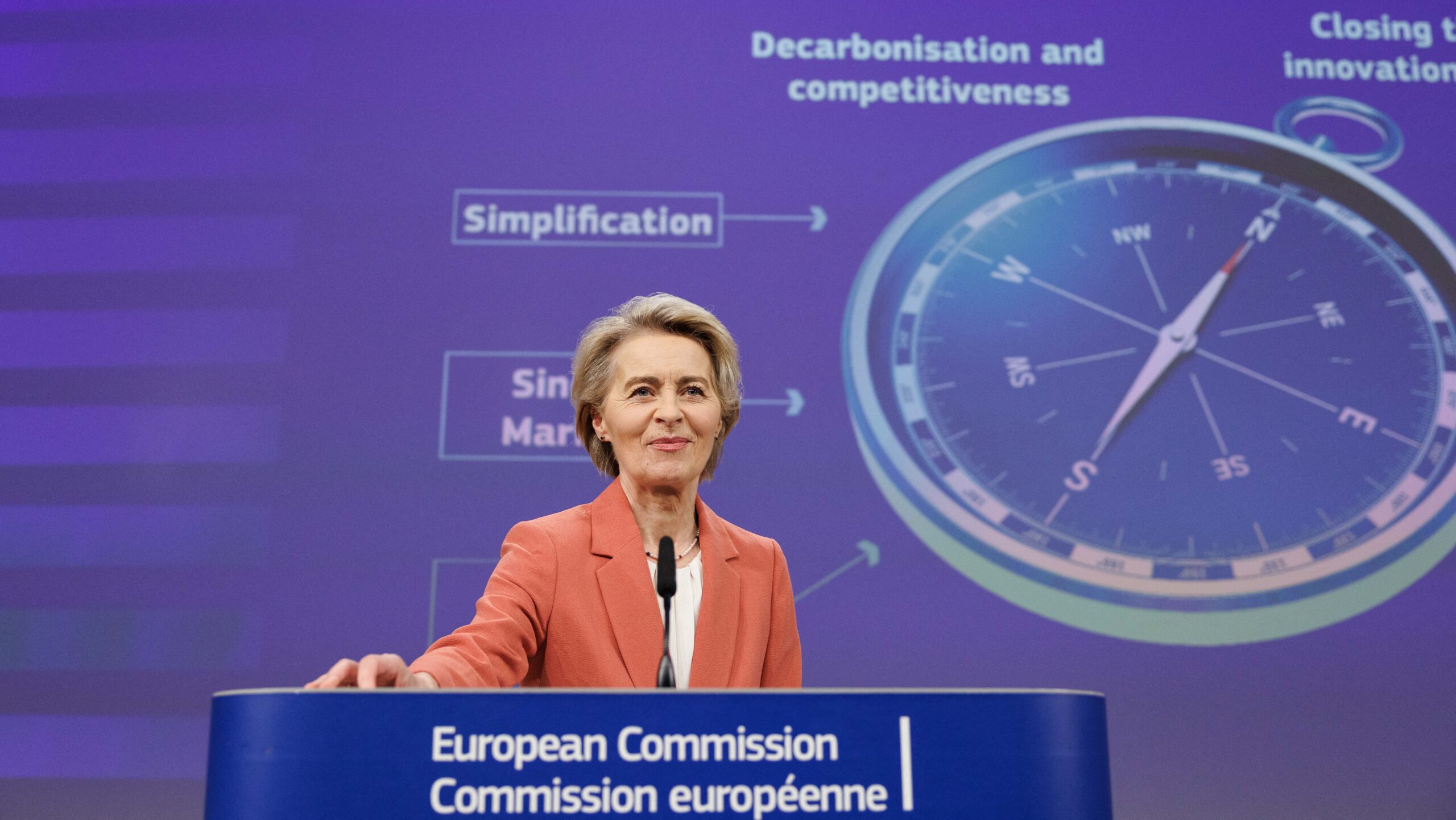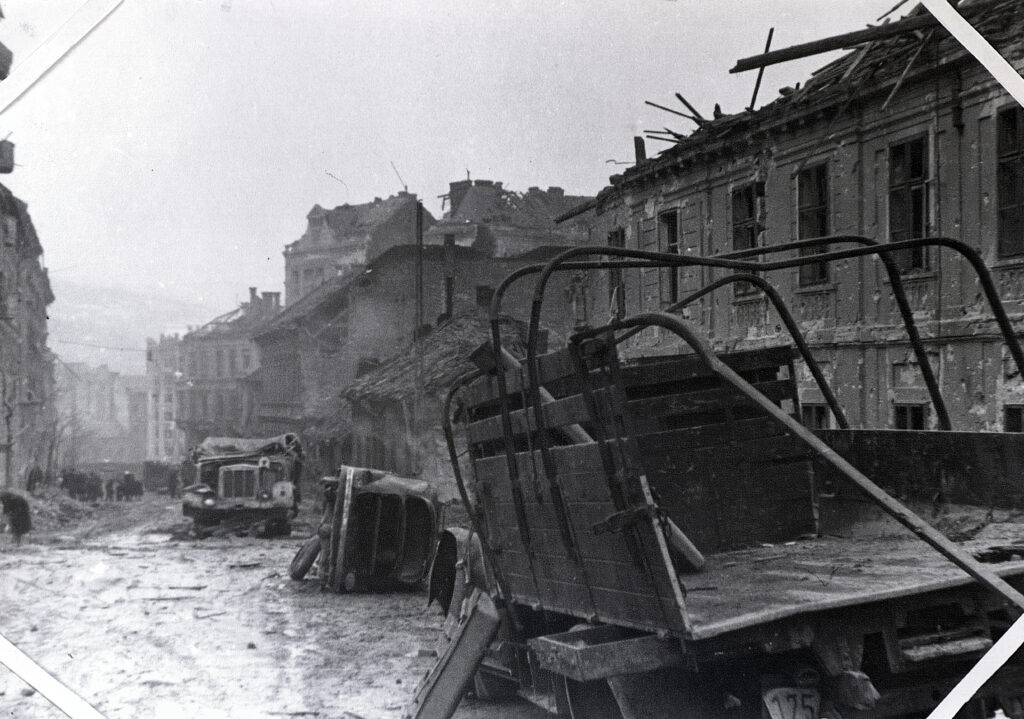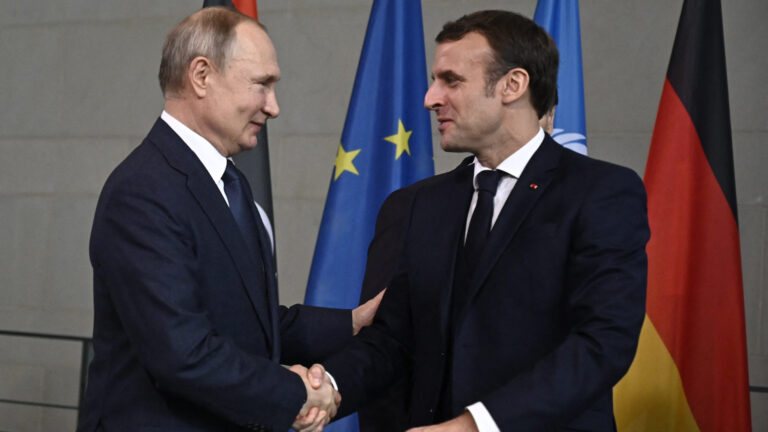The following is an adaptation of an article written by Ákos Péter Mernyei, a research fellow at the Europe Strategy Institute of the University of Public Service, originally published on the Five Minutes Europe blog of Ludovika.hu.
With the Budapest Declaration last November, European leaders made it clear that the European Council should set the political agenda for the EU (and its competencies), and that they do not want to hand it over to the Commission or the Commission President. It is (or would be) the task of the Commission and the Council to draw up and implement technical proposals in accordance with the guidelines. It is difficult, however, to put the genie back in the bottle once it has been unleashed, and the clashes between the institutions are only adding to Europe’s inertia rather than boosting its recovery. The Commission’s vision for strengthening the Union over the next five years is therefore a key priority—of which von der Leyen has just given us a taste.
Europe is not in good shape. The Hungarian government has been saying this for a long time, but the momentum—let’s put it this way—has carried the old continent, and all of us on it, forward so far, and this momentum has been dragging along the policies with itself too: more and more new legislative initiatives have been introduced, which are more and more complicated and often less and less respectful of competitiveness, and which—again, unfortunately—have often reached the stage of actual ‘legislative enactment’. The hole we are in has been dug even deeper.
Yet the warning signs that there is a big problem have come not only from national players, thinkers, and think tanks, but also from industry and, most recently, from the Commission’s own representatives, Mr Letta and Mr Draghi. The world order is changing, has changed, and Europe is once again falling behind. What is at stake now is not whether we can lead, but the extent of the gap. We have been ringing the bell for some time now, not knowing whether it is still the alarm bell or already the death knell.
However, hope is eternal, and there are encouraging signs that the momentum of the slide will die down, even if it is too late, and that Europe will find its footing and stand up from there, once again, for the umpteenth time. The Budapest Declaration on the New European Competitiveness Deal, finalized in November under the Hungarian Presidency, was a clear sign of this gathering momentum. The declaration clearly states that the task of ‘policy-making’ or, more precisely, of providing the necessary impetus for the Union to function, that is, setting the general political guidelines and priorities, is the task of the political body, namely the European Council, in Europe (as well).
‘What is at stake now is not whether we can lead, but the extent of the gap’
The document accordingly sets out the strategic objectives, drawing attention to the fact that all institutions and other stakeholders must implement them and will be regularly monitored by the European Council, which will retain the right to provide further guidance in the future.
Implementation is primarily the responsibility of the Commission, the EU’s professional decision-making body. This paper will be published on the very day on which President von der Leyen is expected to publish her action plan, the Competitiveness Compass, which is intended (or hoped) to reflect the EiT guidelines.
There are, however, preliminary indications based on which some key elements of the action plan may be expected. In a speech to the European Parliament plenary last Wednesday, the President of the European Commission said the following to the European Parliament, which gives us reason to hope that Europe may indeed be waking up. First of all, von der Leyen said that Europe must have economic strength to defend its values. Better late than never, one might say. This statement, disguised as a recognition, is painful only because in Hungary we have known for years that one of the iron laws of politics is that ‘truth without strength is worth little’. The question now, however, is what steps will follow this ‘recognition’. According to the speech, the ‘Pole Star’ of the Commission’s next five years of work will be competitiveness, with three sub-themes: closing the innovation gap, aligning decarbonization and competitiveness, and strengthening economic resilience and security.
The innovation gap has created an obvious vicious circle, von der Leyen stated: low investment has led to low innovation—and there is no way to break out of this by relying on public funding alone. Besides, there is also a need to attract private capital. All these require the creation of a proper capital market at the European level, which can provide funding for EU companies, and start-ups in particular. Von der Leyen has explicitly stated her intention to create a Savings and Investment Union (SIU), with European financial products, new incentives for venture capital, and free movement of capital in general.
On the other hand, the Commission has admitted—again, after what has been said many times in Hungary—that energy prices in Europe are indeed well above those of its competitors (the United States and China). Unfortunately, there are structural reasons for this price difference: Europe does not have enough of its own energy resources. The President said that a solution must be found to this problem, by bringing prices down, while at the same time, Europe has to phase out Russian fossil fuels altogether. The proposed solution is to further strengthen the Energy Union, to have more grid interconnections, and to invest more in renewable industries (with the help of the Capital Markets Union)—fusion technology, geothermal heating, and the battery industry were mentioned as examples. It is not very specific in this form, and in particular, does not seem to provide a solution for the near future. What gives hope, however, is that von der Leyen has mentioned that in February the Commission will also present an energy plan, which is expected to reverse the logic: it will not subordinate industry to greening, but will, in the natural order of things, look at how to help meet industry’s energy needs by using renewables. In Hungary, we have been saying this for some time: it makes sense to take a common-sense approach.
‘Mixing economics with ideology is, as has been proven time and again, not just wrong, but downright harmful’
And finally, there is economic resilience and security. The President said that in 2024, the EU concluded more than 35 new international trade agreements to secure the EU’s access to critical raw materials. In addition, although it is hard to believe, it was also said that the Commission has taken on board one of the key recommendations of the Draghi report, too, that is, to widen the economic network. This idea is also not new in Hungary, which has been promoting the importance, even the indispensability, of connectivity in all international fora for years. This, let us add, has many advantages not only in economic but also in security policy terms.
Things sometimes get back to normal when they are already in a very bad place. Mixing economics with ideology is, as has been proven time and again, not just wrong, but downright harmful. But it seems that, both in its recognition of the need to strengthen competitiveness as an objective and in its sub-objectives, the Commission has moved (at least in part) from the ideological to the pragmatic, and this gives strong hope that the next generation will be able to live in a thriving Europe.
Related articles:
Click here to read the original article.







